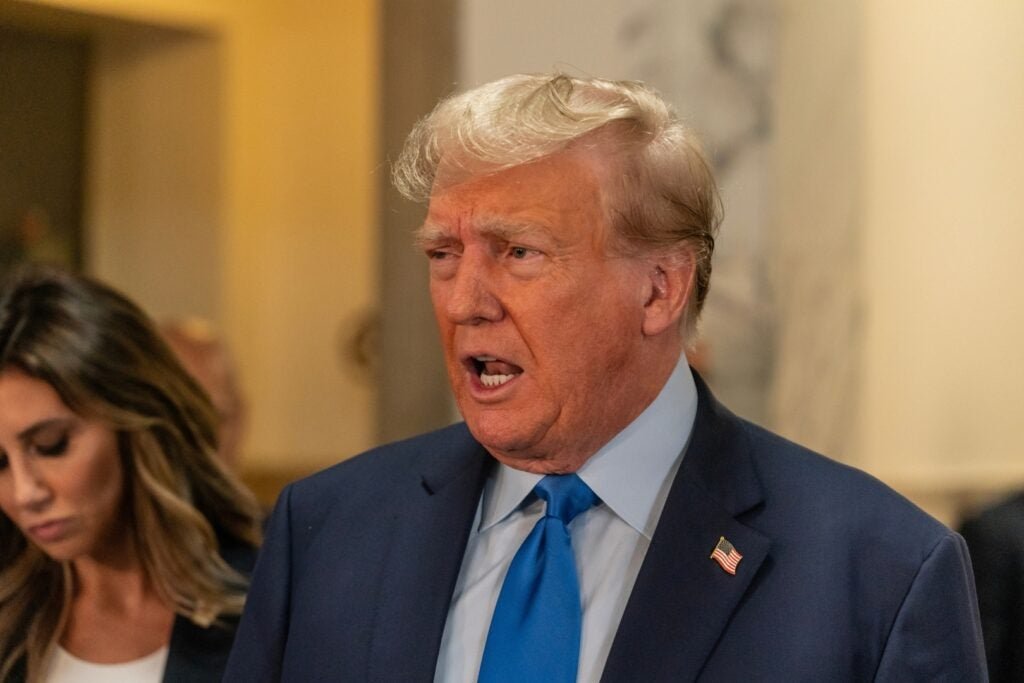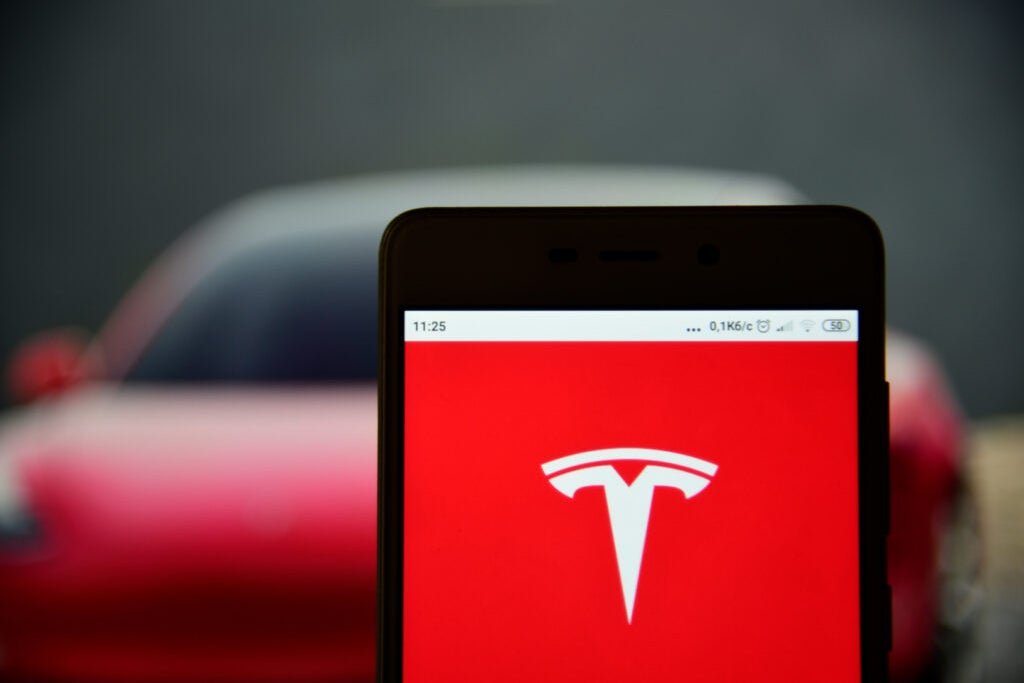In the wake of Claudine Gay’s departure from the Harvard presidency, billionaires Mark Cuban and Elon Musk have sparked a heated debate on diversity, equity, and inclusion (DEI) initiatives. The clash between these two influential figures highlights the ongoing discussions surrounding the importance and effectiveness of DEI in various sectors.
Mark Cuban, a staunch advocate of DEI, recently took to social media to express his support for these initiatives. He argued that DEI helps companies tap into undiscovered talent and ensures that individuals of diverse racial, ethnic, and orientation backgrounds are not overlooked during the recruitment process. According to Cuban, “Good businesses look where others don’t, to find the employees that will put your business in the best possible position to succeed.”
Cuban’s statement reflects his belief that DEI initiatives are not only morally right but also beneficial for businesses. By embracing diversity, companies can access a wider pool of perspectives, experiences, and ideas, which can lead to innovation and improved decision-making. Cuban even went as far as saying, “The loss of DEI-Phobic companies is my gain,” highlighting his belief that companies that resist DEI efforts are missing out on valuable opportunities.
On the other hand, Elon Musk’s remarks aligned with those of billionaire hedge fund manager Bill Ackman, who has previously labeled DEI initiatives as racist. Musk stated that “DEI is just another word for racism” and criticized the use of the term. His comments indicate a different perspective on DEI initiatives, one that questions their effectiveness or potential for creating an unfair advantage for certain groups.
The debate between Cuban and Musk is not their first public disagreement. In December, Cuban responded to Musk’s inquiry about an anti-parasitic treatment by suggesting his employees use Cost Plus Drugs. This exchange highlights a pattern of public disagreements between the two billionaires, with their differing views on various topics often coming to the forefront.
The clash between Cuban and Musk on the topic of DEI initiatives underscores the ongoing discussions surrounding diversity and inclusion in various industries. While some argue that DEI is essential for creating fair and equitable environments, others question the potential unintended consequences or the necessity of such initiatives. The conversation around DEI will likely continue as society grapples with the best approaches to promoting diversity and inclusion in all sectors.
The departure of Claudine Gay from the Harvard presidency, coupled with the debate sparked by Cuban and Musk, further highlights the significance of diversity, equity, and inclusion in leadership positions. The allegations of plagiarism and the contentious appearance before Congress that led to Gay’s resignation underscore the challenges faced by individuals in positions of power and the importance of accountability and transparency in these roles.
In conclusion, the clash between Mark Cuban and Elon Musk over DEI initiatives brings attention to the ongoing debates surrounding diversity, equity, and inclusion in various sectors. While Cuban advocates for the benefits of DEI, Musk questions its effectiveness. The departure of Claudine Gay from the Harvard presidency adds another layer to the discussion, emphasizing the importance of diversity and inclusion in leadership positions. As society continues to grapple with these issues, the conversation around DEI will undoubtedly persist, shaping the future of organizations and institutions.





